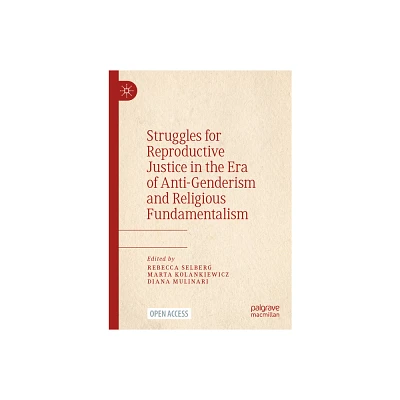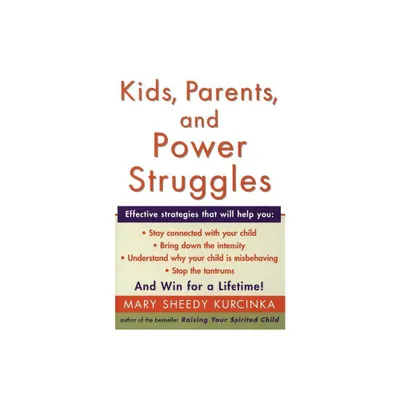Home
Challenging Reproductive Control and Gendered Violence the Américas: Intersectionality, Power, Struggles for Rights
Loading Inventory...
Barnes and Noble
Challenging Reproductive Control and Gendered Violence the Américas: Intersectionality, Power, Struggles for Rights
Current price: $117.00


Barnes and Noble
Challenging Reproductive Control and Gendered Violence the Américas: Intersectionality, Power, Struggles for Rights
Current price: $117.00
Loading Inventory...
Size: Hardcover
*Product Information may vary - to confirm product availability, pricing, and additional information please contact Barnes and Noble
Challenging Reproductive Control and Gendered Violence in the Américas: Intersectionality, Power, and Struggles for Rights
utilizes an intersectional Chicana feminist approach to analyze reproductive and gendered violence against women in the Américas and the role of feminist activism through case studies including the current state of reproductive justice in Texas, feminicides in Latin America, raising awareness about
Ni Una Más
and anti-feminicidal activism in Ciudad Juárez, and reproductive rights in Latin America amidst the Zika virus. Each of these contemporary contexts provides new insights into the relationships between and among feminist activism; reproductive health; the role of the state, local governments, health organizations, and the media; and the women of color who are affected by the interplay of these discourses, mandates, and activist efforts.
utilizes an intersectional Chicana feminist approach to analyze reproductive and gendered violence against women in the Américas and the role of feminist activism through case studies including the current state of reproductive justice in Texas, feminicides in Latin America, raising awareness about
Ni Una Más
and anti-feminicidal activism in Ciudad Juárez, and reproductive rights in Latin America amidst the Zika virus. Each of these contemporary contexts provides new insights into the relationships between and among feminist activism; reproductive health; the role of the state, local governments, health organizations, and the media; and the women of color who are affected by the interplay of these discourses, mandates, and activist efforts.

















